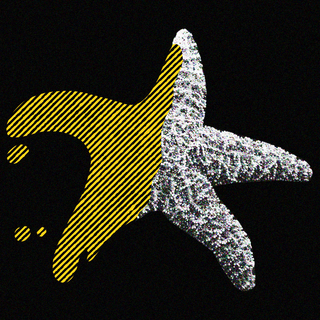There has been a long-standing and controversial hypothesis in the scientific community about human beings’ ability to smell waning over time. A new study, published in PLOS Genetics, substantiates this hypothesis to a greater extent, bringing it closer to being an established fact.
In an experiment, scientists sought to test whether genetic variations in smell receptors showed a pattern of olfactory intensity fading over time. Researchers from the Shanghai Institute of Nutrition and Health included 1,000 Han Chinese participants, and 364 people from New York belonging to various ethnicities. Participants were asked to smell and rate 10 different scents.
In general, previous studies show that different individuals will have over 30% variation in their smell receptor genes, making some scents pungent for some, and pleasant for others. Still, others may not even be able to detect the same smells.
Applying this principle, scientists studied the exact genetic variation that informed how participants responded to the presented smells. “Comparing this perceptual variability with genetic variability allows us to identify the role of single odorant receptors,” the researchers write.
Related on The Swaddle:
More Than 5% of the World Lives With Anosmia, or No Sense of Smell
Two of the scents included a synthetic musk called Galaxolide, and a molecule responsible for body odor from human underarms. Scientists discovered two new corresponding smell receptors that could detect these smells. They then studied these genetic mutations and compared them to those associated with 27 others, to see if there was a pattern relating to their evolutionary age. It turns out that people with the “ancestral version” of the receptors rated its corresponding small as more intense.
“While this study was not designed to directly address this hypothesis and may suffer from selection bias, as a result, these data support the hypothesis that the primate olfactory gene repertoire has degenerated over time,” the paper states.
A criticism of the hypothesis has been that the typical study on the subject focuses on Western participants. “But people in other parts of the world are better at odor detection, discrimination, and naming,” Asifa Majid, a psychologist, told The Atlantic in 2017.
But the present study accounted for such biases. “The majority of previous odor association studies have been conducted in heterogeneous and majority-European populations, leaving a fundamental gap in knowledge of the wider relevance of these associations to different populations, such as the East Asian population examined here,” the researchers write.
Further, they noted that population-specific differences in odor perception are rare. “[O]ur analysis of evolutionary age found 25 of 27 variants predated the population divergence between East Asians and Europeans,” they write; putting to rest — for now — that olfactory studies may have missed the mark in this hypothesis due to an ethnic bias.
Still, the issue is complicated. Humans and some other primates may have fewer olfactory receptors, but they can have more neurons in the olfactory bulb. Many studies have shown that humans have a surprising ability to detect smells, far beyond the range that should be expected of us given our limited olfactory receptors compared to other animals. On the question of whether this may be getting less intense — the jury is still out, but perhaps not for long.




